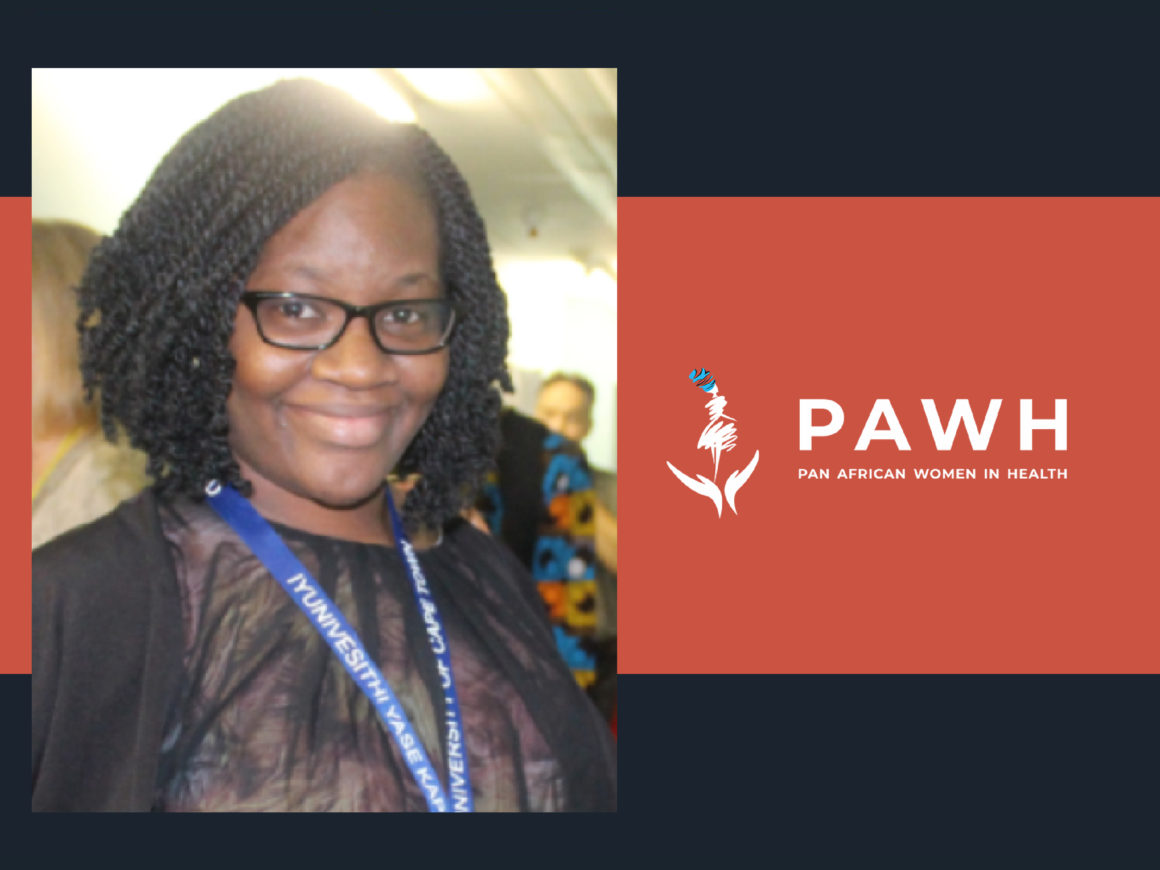Dr Clara Chamba, a medical doctor at the Department of Haematology and Blood Transfusion, works for Muhimbili University of Health and Allied Sciences in Tanzania. Clara has always wanted to touch people’s lives in a meaningful way and believes that doing this is what she was created for. Being there to ease someone’s suffering, help people on their journey to recovery from an illness, or supporting them through a terminal illness amongst the reasons why she decided to pursue a career in health.
How would you describe your career path?
My career path has mostly been guided by my passion and dreams. When I was in secondary school, I knew I wanted to become a medical doctor. I, however, did not know which speciality would appeal to me the most. As I studied my undergraduate degree in medicine, by my last two years, I knew what my strengths were and which areas I should avoid. As I practiced as a general practitioner, I discovered areas where my passion was aroused the most and these are the areas that I chose to narrow down to as I specialised.
What does a typical day at work look like for you?
My typical day consists of departmental meetings, research meetings, supervising student seminars, giving lectures, attending to patients in the wards, attending to outpatients in the haematology clinic, conducting bedside teaching sessions, case presentations, attending and supervising journal clubs, supervising laboratory work, supervising students research proposals, writing up research proposals, in addition to day to day office work.
You have worked for several organisations, have you ever faced challenges due to your gender?
In my earlier years, no. After I got married, yes. Being a woman, it is a natural social responsibility that you may end up getting married and having children. After I got married, night shifts were no longer appealing because it meant we were working in opposing hours and therefore could go for days without seeing each other, and weekends were unpredictable. After having children, this complicated the picture further. I had two of my three children when I was studying for my masters – when you are a student, you don’t get maternity leave, so this wasn’t easy, breastfeeding wasn’t easy.
When you have to sit for exams with a baby that’s only a few weeks old, it’s not easy to concentrate, but a supportive husband and supportive family made the journey feasible. For me to work means someone must be at home taking care of my children. Unfortunately, nannies aren’t always reliable, and when they suddenly get sick or they have an emergency, it means you need to take days off work and a lot of employers have trouble understanding this frequent dropping out of work for a few days. And of course children get sick at times, again this requires days off work – in short, your employer needs to be patient and understanding.
What experience are you most proud of?
The three years between 2013 and 2016 during which I delivered two babies, and earned my master’s degree with a GPA that was good enough to secure an academic position with the best and largest medical university in Tanzania.
What is your greatest regret?
Having children in the middle of my masters; although it worked out, I always feel that I did not give them the necessary attention they required during this time.
What, in your opinion, are the biggest opportunities for women in health on the African continent?
I am not sure there are big and small opportunities, but whatever opportunity presents itself, women should go for it.
Have you ever been mentored, if so by whom?
Yes, I have been mentored at the university level by my teachers/lecturers.
What is the value of mentorship in your opinion?
I believe mentorship is important and that regardless of your level of experience, there is always someone else you can be learning from. Throughout my career thus far, I have had several mentors, who have guided me and also leveraged opportunities for me to gain additional experience. However, to gain this mentorship, it was necessary for me to reach out and express my interest in the relationship and gauge their availability- you must ask for what you want.
What is the best advice you ever received?
Not to ever feel guilty, apologetic or frustrated that I have to miss work to take care of a sick child at home.


Leave a Reply